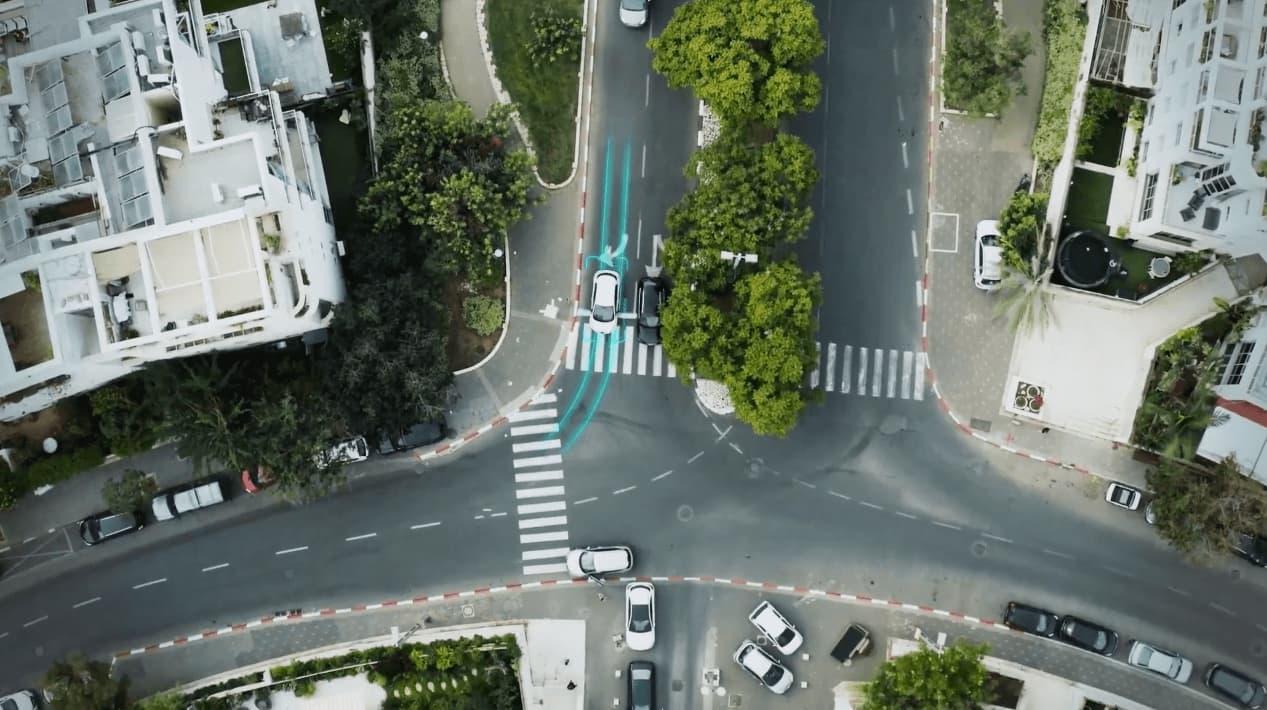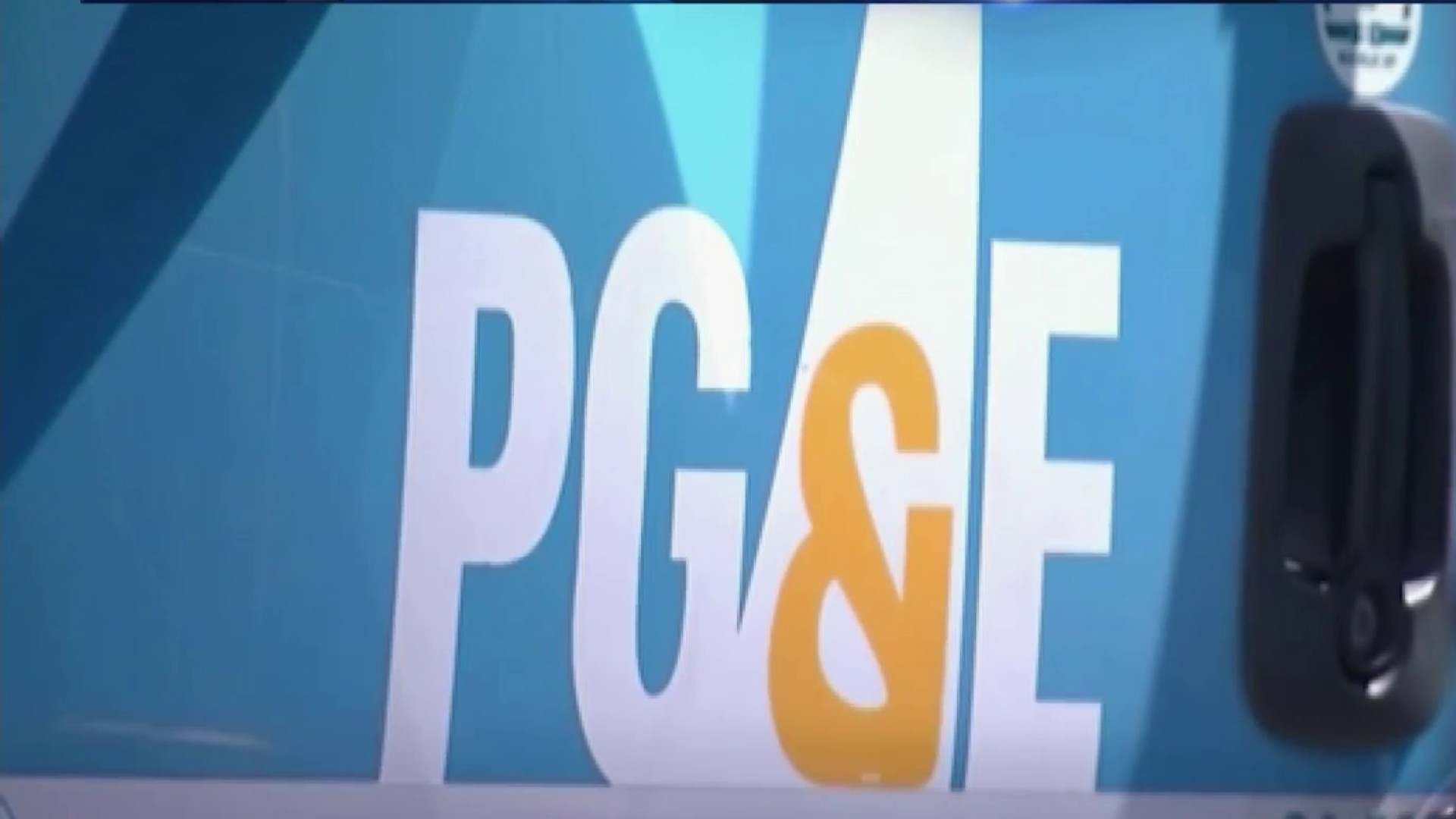The California Energy Commission on Monday celebrated the state hitting a milestone of 10,000 super charging stations for electric vehicles.
The milestone-setting super charging station was installed in Union City and also marked California hitting a state goal for electric vehicle charging stations two years early.
"We're seeing auto makers really step up and provide the vehicles, and now what we need to do is make sure there's charging infrastructure available to be able to meet that need," said Patty Monahan with the California Energy Commission.
The commission said California is leading the way when it comes to going electric.
Get a weekly recap of the latest San Francisco Bay Area housing news. Sign up for NBC Bay Area’s Housing Deconstructed newsletter.
Last quarter, one out of every four cars sold in the state was an EV. But critics have noted the EV revolution is still largely missing a key segment of our population, and that is why earlier this month the state opened $38 million to fund public charging stations in low-income areas.
"We need electric vehicles in communities with families who are working very hard, and a few years ago could not afford these electric vehicles," Assemblymember Liz Ortega said.
There is also more work to be done as demand increases.
Last year, the state passed a $2.9 billion investment plan, and most of it will go directly to improving EV infrastructure.
"We need all hands-on deck," Monahan said. "Utilities are stepping up to help make sure the grid is ready and we are providing money for the chargers to be able to connect to the grid."
The state's energy commission said there are 90,000 regular chargers across the state -- many of them in parking lots of grocery stores or at companies for employees.
"Now with our eyes set on Gov. Newsom's goal of 100% zero emission for on- and off-road vehicles, there's no double we have much, much more to do."
But the demand keeps growing. In fact, one state report shows California will need 1.2 million chargers by 2030 just to keep up. It is another goal they hope to meet earlier than expected.
"We've got to make sure that this is the solution that works for everybody, whether you live in a rural community, whether you live in an apartment building, you need to have access to charging and that's what the state's working to do," Monahan said.



